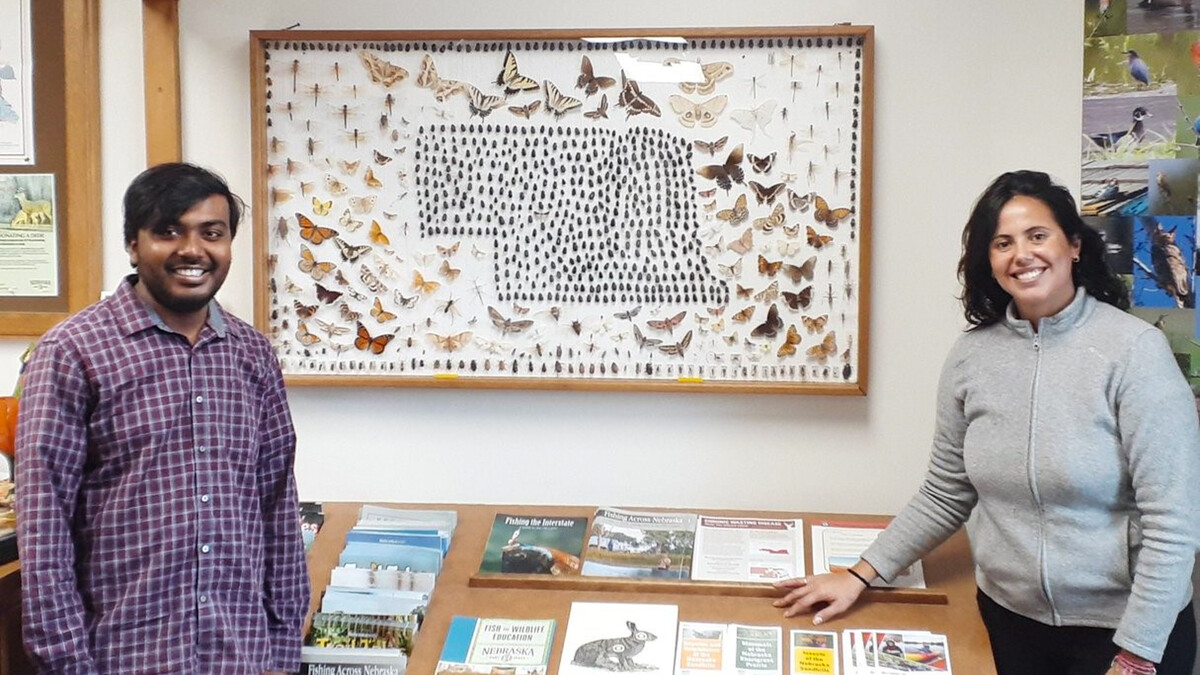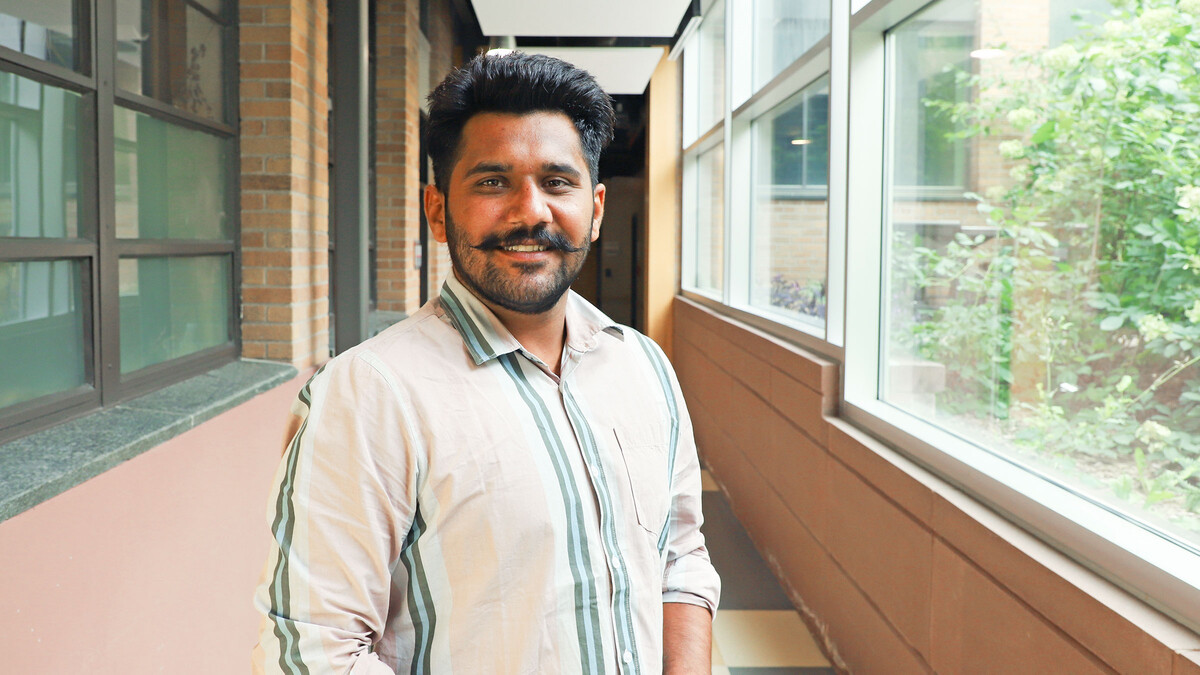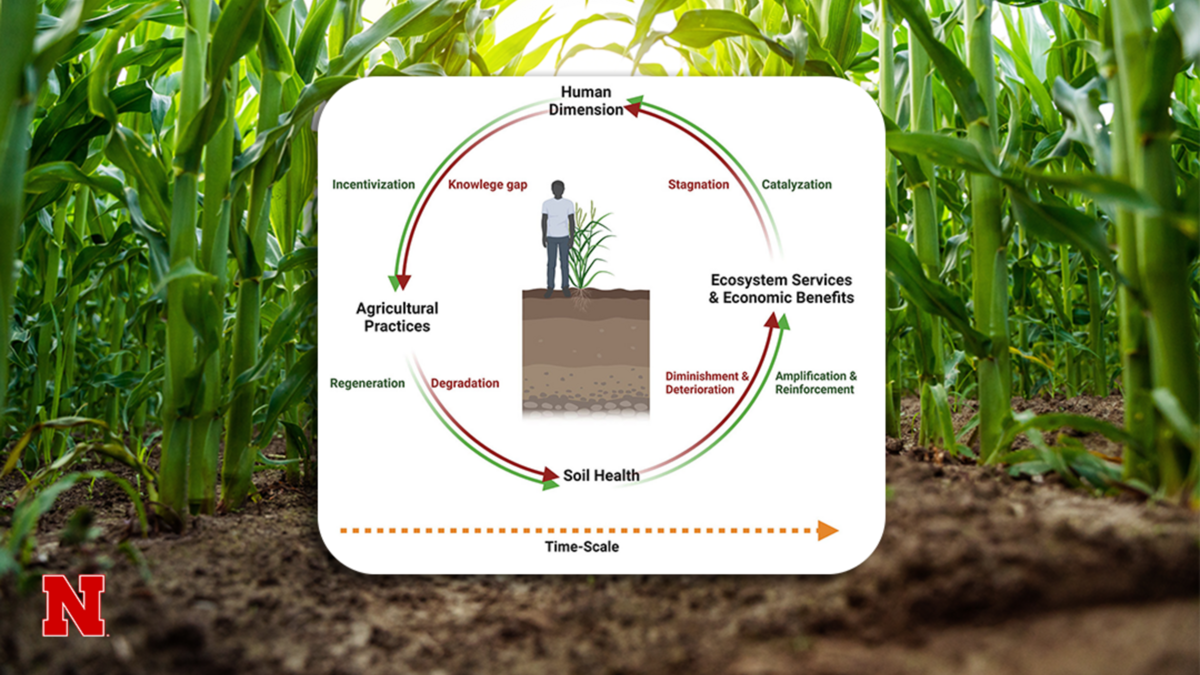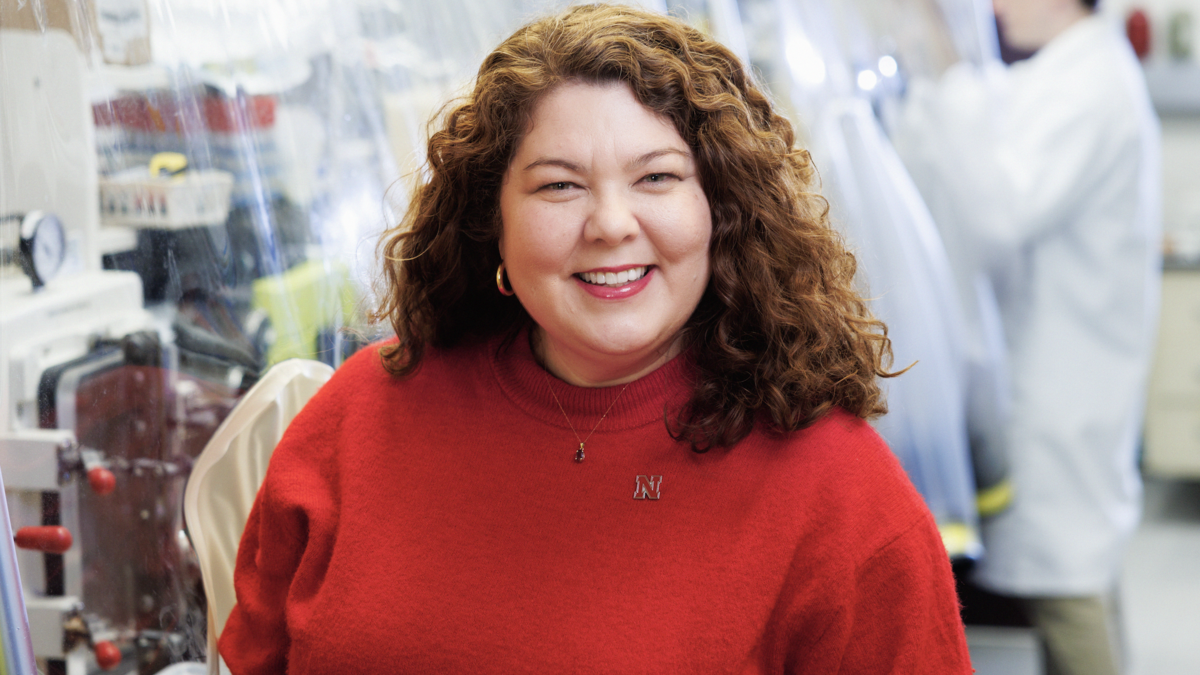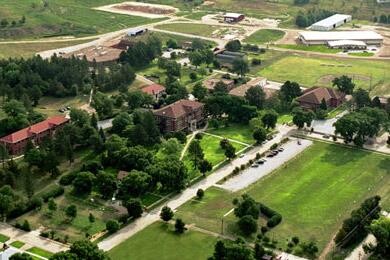
Lincoln, Neb. —NCTA Dean’s Message
By Interim Dean Kelly Bruns, Ph.D.
Educators have stretched teaching methods and hands-on learning platforms to a unique level of outreach.
When asked to “think outside the box” due to the coronavirus pandemic our faculty and adjunct instructors at the Nebraska College of Technical Agriculture are adapting right along with our Aggie students on our educational delivery.
As a hands-on learning institution our course work continually builds on the ability to engage students in hands-on experiences throughout their time at NCTA. We strive to master skills, and you cannot do that during one class period. We continue to work and build on these through multiple class and lab experiences.
Agronomy
Instead of two students climbing up into the cab of a large crop sprayer applicator to learn hands-on for precision farming skills, these Aggies are sitting in front of a personal computer, laptop or other digital devices to view photographs or video shot by Agronomy Professor Brad Ramsdale.
“I went out and shot a bunch of pictures of my sprayer,” Ramsdale says. “Students are learning all of the components of the sprayer through photographs.”
Students answer questions through the internet with an online program called Canvas. Ramsdale’s course lectures and lab sessions that he fine-tuned for remote teaching during a March 16-27 timeframe, include PowerPoints, Zoom discussions and direct phone calls, as needed, to stay in touch with his students.
Agribusiness Management
Mary Rittenhouse, division chair, emphasizes student engagement from the three faculty who are teaching online for students in Agribusiness Management Systems. Macroeconomics, accounting, software, ag marketing, entrepreneurship, and critical thinking are half of the 12 courses taught remotely in AMS.
“I am including a Tip of the Day on each course posted on Canvas, a fun way to engage students,” Rittenhouse said. “The first to post the correct answer is mailed a small prize.”
On March 30, opening day for remote learning, the Canvas headline tip for Macroeconomics ECON 1303 was: “Do you know what is the most common culprit of online learning???” The answer: TV
Veterinary Technology
While 35 Aggies are in their first year studying to be veterinary technicians, 31 second-years are on internships until the semester ends in early May.
“Every single veterinary clinic and internship location is assuring us that these students will be working and completing their internships, although there may be some slight changes in their businesses or operations,” says Barb Berg, LVT (licensed veterinary technician) and chair of the NCTA Veterinary Technology program.
Four VT faculty are teaching online, and in the case of facilities management and care for the animals in the teaching programs, a student or Chrissy Barnhart, administrative lab support associate, handle those responsibilities, seven days a week.
First-year students engage through Canvas lectures, videos, Zoom and posted assignments. Most live-time sessions are delivered via ZOOM, including face-to-face group or individual discussions with instructors. Recorded sessions and Canvas can be accessed online 24/7, Berg said.
Essential skills required by the American Veterinary Medical Association for graduates to make application to be licensed vet technicians will be taught during the regularly-scheduled summer session, June to August.
Equine Management
Canvas and Zoom platforms are mainstays in the Animal Science and Agriculture Education Division. However, students in equine courses may have the most unique form of learning and testing.
Joanna Hergenreder, division interim chair and equine professor, has students in other states completing their intermediate or advanced equitation courses with video. They record riding sessions on a mobile device, and send the file to Hergenreder. She can critique, complete with drawing lines or figures on the recording and return it to the student. Or, they can also gain coaching tips through a Zoom call.
On April 4-5, six or seven equine students have the option of completing their Colt Starting training class at NCTA with adjunct instructor Stephen Mueller. Each student will be able to put in three, 2-hour sessions in saddle work on their colt at the indoor arena. The large facility allows for safe, social distancing both while in the arena, as well as classroom time for a written exam. These are a few examples of the creativity of NCTA instructors. I appreciate the extensive efforts and flexibility of faculty and students during this extraordinarily unique and challenging time. Please be safe and healthy, everyone.
NCTA is devoted to a statewide mission of preparing students for successful careers in agriculture, veterinary technology, and related industries. The college provides open access to innovative technical education resulting in associate degrees, certificates, and other credentials.

